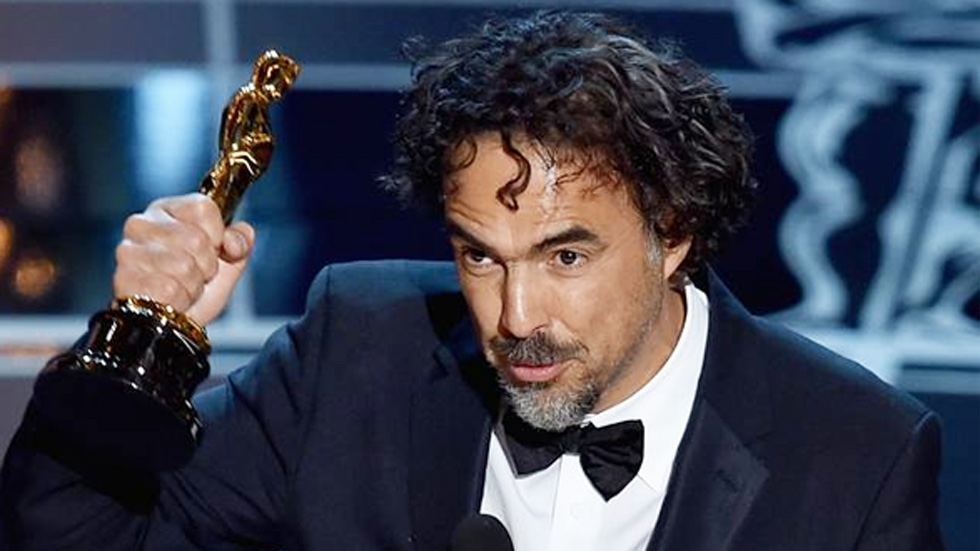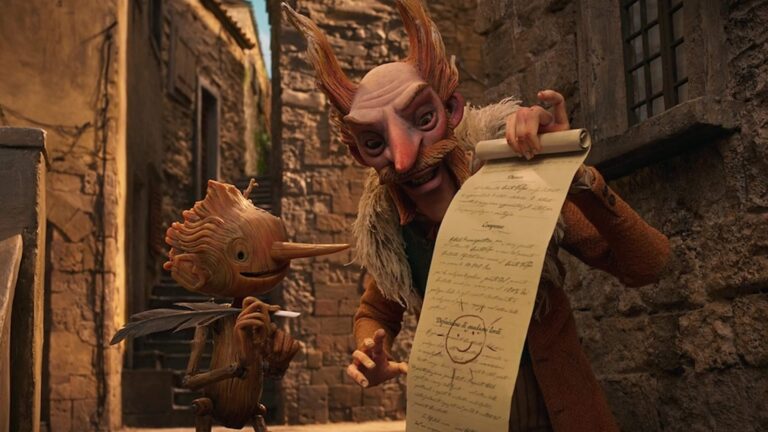Alejandro González Iñárritu’s Tips for a Successful Collaboration

Birdman swept up awards left and right, including the Oscars for Best Original Screenplay, Best Director, and Best Picture. To write the film, Alejandro González Iñárritu collaborated with Nicolás Giacobone, Alexander Dinelaris, and Armando Bo.
How did he collaborate with so many writers? He recently gave some tips to Fast Company. Here are his top tips:
Let Other People Touch Your Script
González Iñárritu conceived of the original idea for Birdman on his own, but soon called the other writers for their take. He considers a screenplay to be not much more than a technical document or blueprint. “Honestly, a screenplay is no literature,” he says. “It’s fucking technical shit. It’s the beginning of something. And whoever thinks differently is delusional.”
If you don’t let other people touch your script and interpret it, it is “just a stiff piece of paper.” He goes on to say, “Everybody will have to transform it and touch it and interpret it. If that thing is not alive and flexible and is not dying and born and dying and born as people touch it, then it is just a stiff piece of paper. One thing is the notion of the thing and other is the thing.”
Confront Your Partners and Allow Them to Confront You
Our brains sometimes work best in a debate. Through the process of argument, other people can take something you’ve said or written and make it better.
“[T]hat interchange of ideas,” says González Iñárritu, “is a mirror you hold up to yourself. I find that extraordinarily useful to make much more potential than what I have in my mind.”
You can do this without losing your own voice, too. “It does not mean you lose your voice and it will be an orgy of voices, that is not true. I directed the film, it is my voice…but for me the collaboration in this case was the most beautiful and generous and funny one by far that I’ve had.”
The Director Is the One with the Vision
Even though González Iñárritu loves the process of collaboration, he still believes the film’s vision belongs to one person: the director.
“If the film doesn’t work,” he says, “it’s your fucking fault. Because every decision at the end was made by you. You can be hearing ideas, you can be influenced and be flexible, but in the end the last thing, the print of the film is by one person, only one. That’s the truth."
Related articles across the web
Get Our Screenwriting Newsletter!
Get weekly writing inspiration delivered to your inbox - including industry news, popular articles, and more!


























